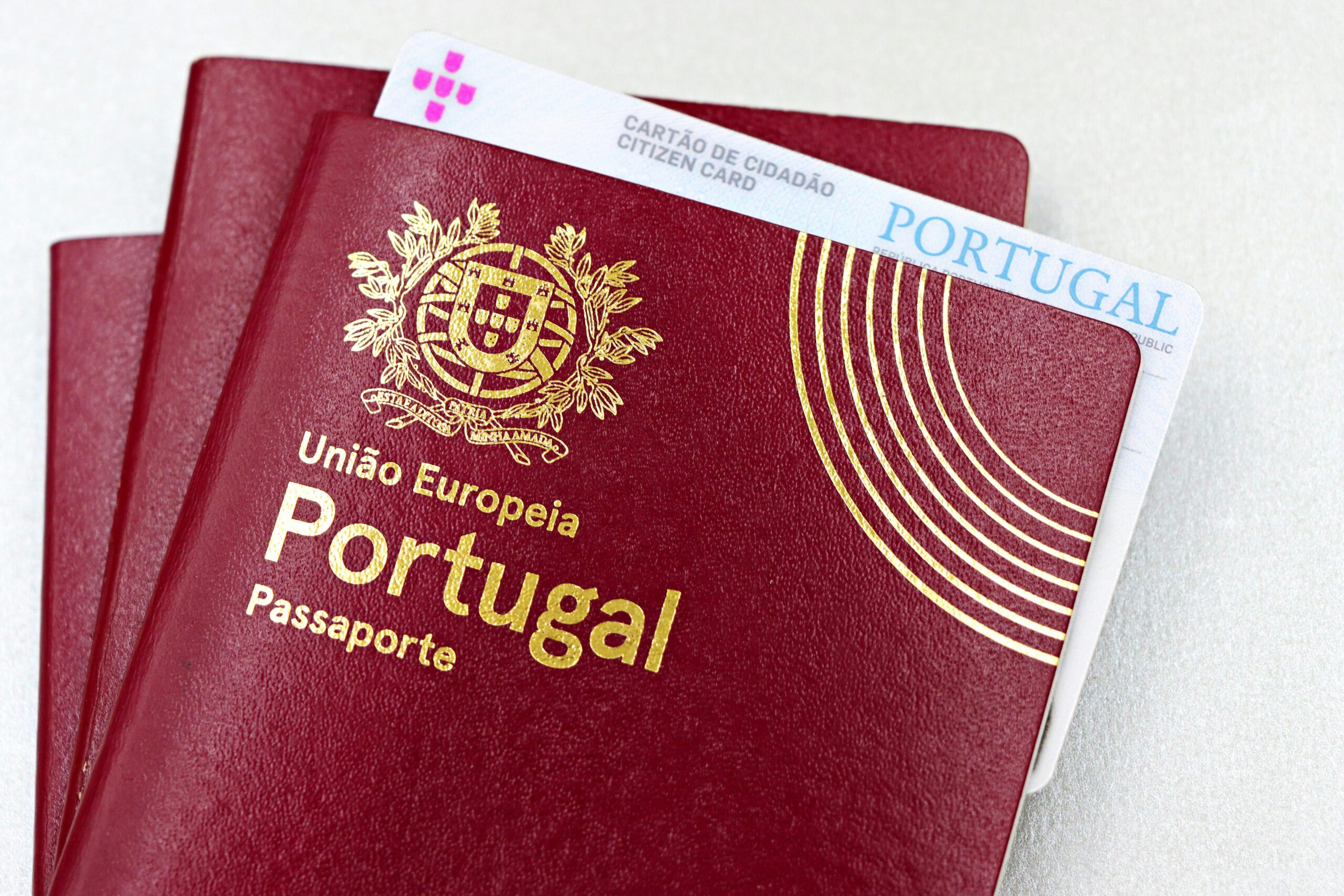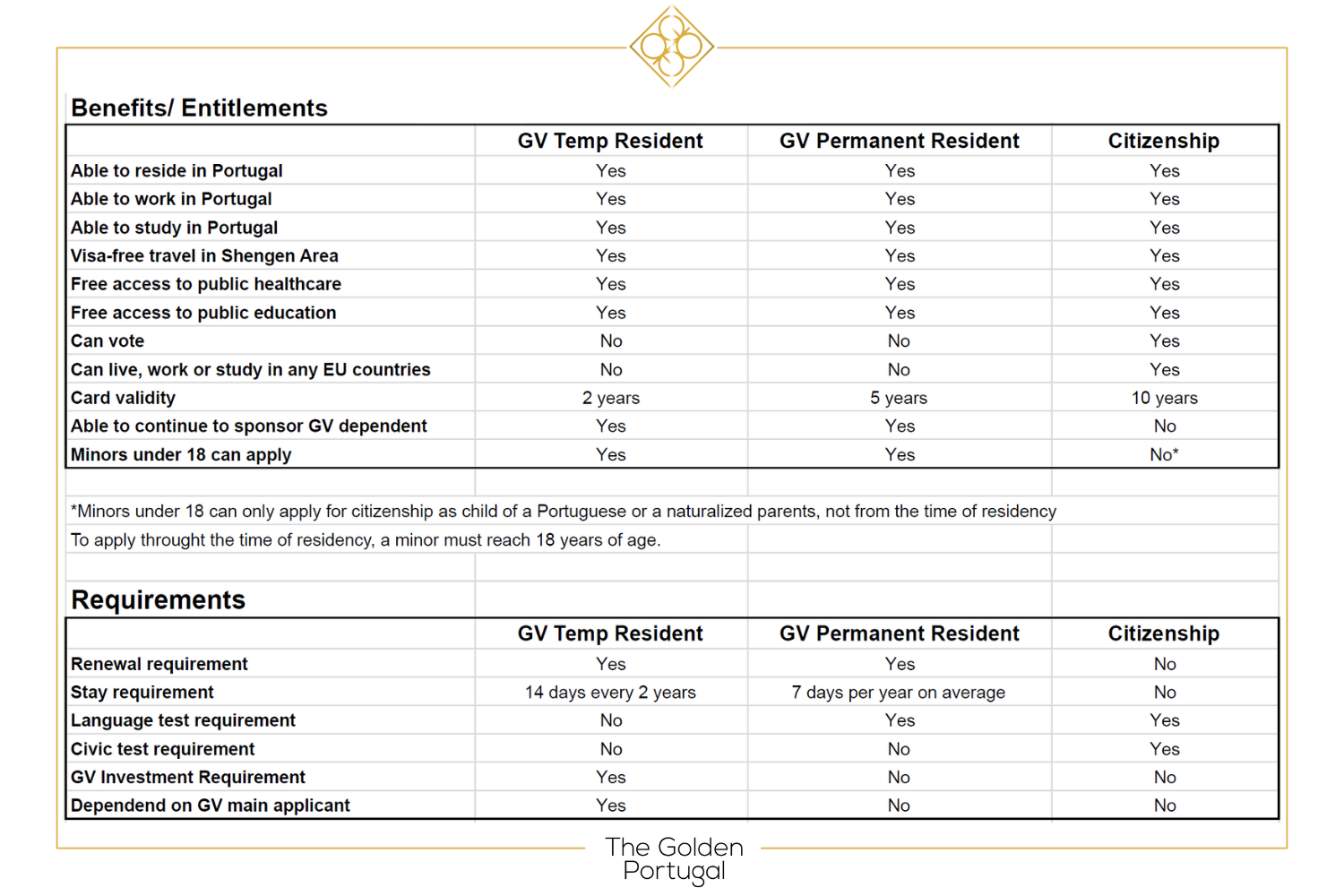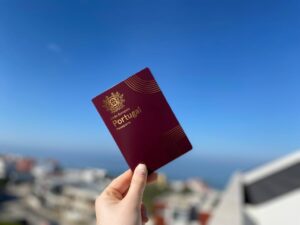Portugal is updating its nationality framework. This brief explains the status, likely next steps, and the practical bridge that keeps the residency-to-citizenship path open—particularly for Golden Visa applicants.
Other than the nationality law, we have some good news on Golden Visa processing time. After a long wait for many, AIMA is finally clearing backlogs. Just today, we have received a few biometrics appointments for clients for January 2026. Please scroll to the last part for more information!

Nationality Law In Brief: Timeline & Impact
Parliament approved amendments to the Portuguese Citizenship Law on 28 October 2025.
The law now goes to the President of the Republic, who can:
- Promulgate (approve) the law;
- Veto and return it to Parliament with comments; or
- Request a constitutional review by the Constitutional Court within 20 days. If the President sends it to the Court, a decision is typically due within 25 days.
Regulation window: If/when the law is published, implementing regulations are expected within 90 days.
The changes have prompted active discussions within the legal and academic community. Many constitutional scholars and practitioners have already stated that the approved version may contain unconstitutional provisions, particularly due to the absence of a grandfathering or transitional clause.
What Could Happen
The President may refer the law to the Constitutional Court—there is precedent (e.g., amendments to Family Reunification were partially struck down, prompting moderation). In our assessment, this path is likely given the scale of the proposed changes, the breadth of those affected, and the concerns raised about potentially unconstitutional provisions.
What this Means for Clients
The law is not settled yet. As of the publishing of this newsletter, we haven’t heard from the President about his stand on this change. Outcomes can include confirmation, adjustments, or clarifications that bring greater certainty.
Main Changes for Citizenship
| New Law | Current Law |
| Applicants must be of legal age under Portuguese law. | Be of legal age or emancipated under Portuguese law. |
| Have legally resided in Portuguese territory for at least 7 years for CPLP/EU nationals, or 10 years in the case of nationals of other countries. | Have legally resided in Portuguese territory for at least 5 years. |
| Demonstrate, through an exam or certificate, sufficient knowledge of the Portuguese language and culture/ history/ national symbols/ Civic knowledge (details on level/structure to be clarified in regulation) | Demonstrate sufficient knowledge of the Portuguese language – A2 level |
| Formally declare their adherence to the fundamental principles of the democratic rule of law. | (Non Existant) |
| Have not been convicted, by a final and binding judgment, to a prison sentence equal to or exceeding two years, for a crime punishable under Portuguese law. | Have not been convicted, by a final and binding judgment, to a prison sentence equal to or exceeding three years, for a crime punishable under Portuguese law. |
| Not be subject to restrictive measures imposed by the United Nations or the European Union. | (Non Existant) |
| Have the capacity to ensure their own subsistence. | (Non Existant) |
Counting of the Residency Period
The period of legal residence required for nationality purposes will now be counted from the date of issuance of the first residence permit, instead of being counted from the date of the initial application submission.
Amendment to the Criminal Code
Creates an ancillary penalty of loss of nationality for certain serious crimes (details to be set by regulation).
Practical implications for Golden Visa (GV) investors
At this stage, no legislation has been formally approved yet. But if the law passes as it is, the path to permanent residence remains very much available at the five-year mark, with no obligation to maintain the investment in Portugal. This serves as a practical bridge—helping ensure that your long-term status and eventual citizenship remain viable
Some other notable benefits of Permanent Residence (PR) are:
- Compared to Citizenship
- No need for civic/ history/ cultural test
- Minors under 18 can apply
- Main applicant can still sponsor dependents with the GV PR
- Compare to Temporary Residence
- Longer card validity gives you more flexibility on the stay requirements
- No need to maintain your GV investment
- Family members residence status are no longer dependent on the main applicant
- Citizenship would still be achievable via the following route:
- Year 1 – 5: GV Temporary Residence
- Year 6 – 10: GV Permanent Residence
- Year 10+: Citizenship
Below, you can find a comprehensive comparison table between the Benefits, Rights, and Requirements for GV Temporary Residency (Ie. your GV Residence card), GV Permanent Residency, Citizenship

Disclaimer: This is general information, not legal advice. Individual cases may differ—clients should consult their lawyer.
Good news on AIMA Biometric Appointments
AIMA has begun clearing the backlog, with visible progress for Golden Visa cases.
- What to expect: Notifications for first-card biometric appointments are being issued automatically in the next few days. Check your emails!
- What this means: Applicants are likely to receive their first residence card sooner than previously anticipated (earlier guidance was ~1 year after application submission for 2025 applications), which would allow the countdown toward Permanent Residence and, potentially, citizenship to begin earlier—subject to the final text and entry into force of the pending law.
We’ll continue to monitor each step of the legislative process and keep you informed. Once the final text and regulations are confirmed, we’ll publish a detailed guide on how to navigate the changes—covering timelines, family scenarios, and practical checklists. If you have an active case with us, your legal team will reach out proactively as relevant updates occur.
























